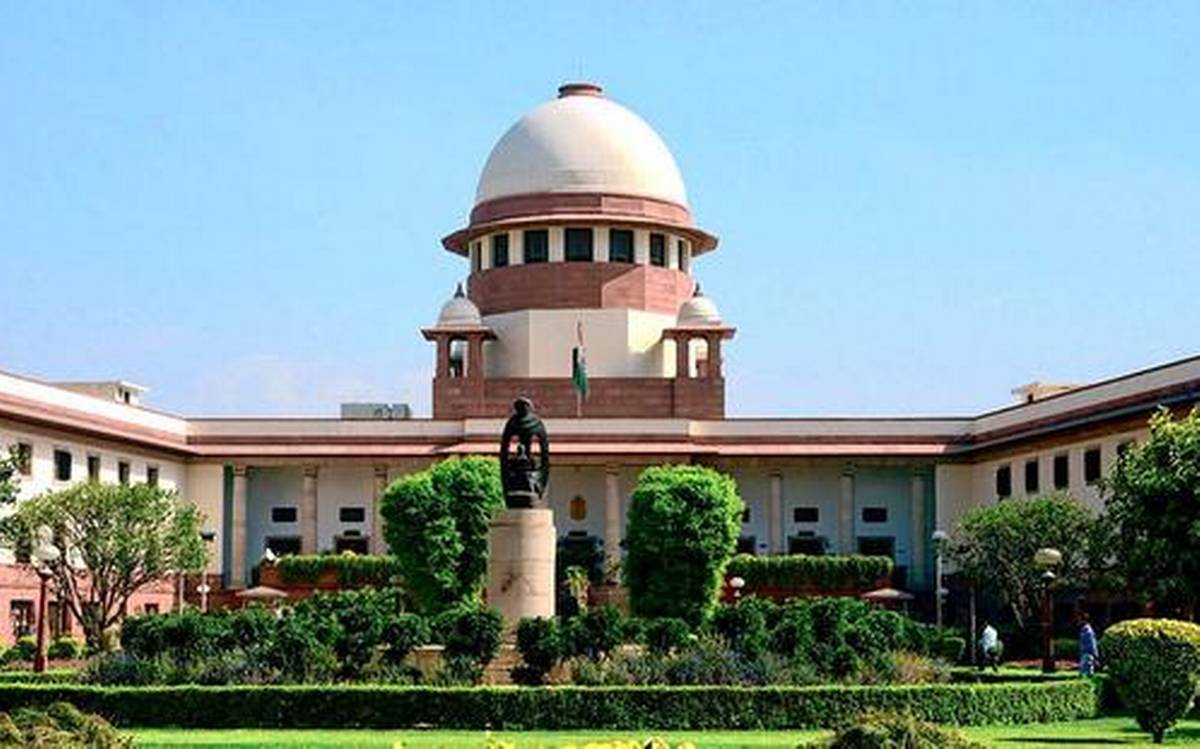Synopsis: The PIL also claims that the disclosure to RWA and housing society management of the identity of COVID-19 patients is a breach of the universal right to privacy.
On Thursday, the Supreme Court suggested that it would hear a PIL on 5 November challenging the decision of the States and Union Territories to reveal their identities by affixing posters outside the homes of COVID-19 patients.
The Bench of Justices Ashok Bhushan, R Subhash Reddy and MR Shah demanded that the petitioner serve a copy of the PIL to the Office of the Solicitor General for India and referred the case for a hearing on 5th November.
This PIL assails the affixing of posters as a mark of recognition outside the homes of COVID-19 patients, as well as revealing the names of those patients to the management of housing societies and Resident Welfare Associations.
According to the PIL, such disclosure of the identity of such patients is a serious infringement of their fundamental right to privacy enshrined in Article 21.
The petitioner prays that the Supreme Court should direct the States to pass the requisite orders to ensure that no such disclosure of names takes place. The PIL is also trying to quash State and UT executive orders that allow posters to be affixed outside the homes of patients.
It is claimed that such acts not only breach the rights of COVID-19 patients under Articles 14 and 21, but also add to the stigma attached to the disease.

In addition, publicly circulating the names of certain individuals and subjecting them to scrutiny of the public goes against the ethos of living with dignity, the PIL submits.
It is also averred that the authorities exercising their authority to make public the names of individuals infected with the disease are contrary to the constitutional guarantee provided under Article 14. The PIL continues that the Constitution does not and will never tolerate discrimination on the grounds of disease and physical pain. It is very important to remember that the National Disaster Management Act and the Infectious Diseases Act do not allow for any discriminatory action or distinction. It is also unlikely to exercise such authority to inflict widespread prejudice by recognising positive COVID-19 individuals by affixing posters.
The disclosure of patients’ names often fails to assess proportionality and reasonableness, the petition further states.
While several states have already rescinded their executive orders to affix such posters, it is reported that the majority of states proceed with this practise.
This petition has yet to be accepted or rejected by the Supreme Court and it will hear the case on November 5.
The petitioner was represented by Advocates Chinmoy Pradip Sharma and Puneet Taneja.

